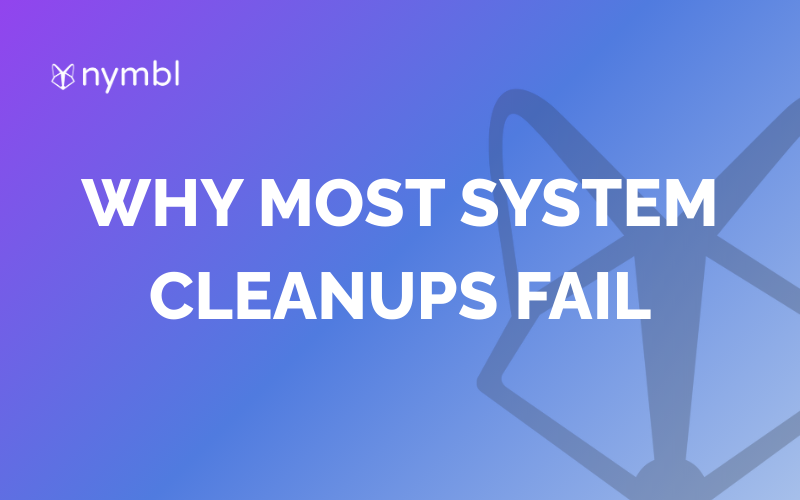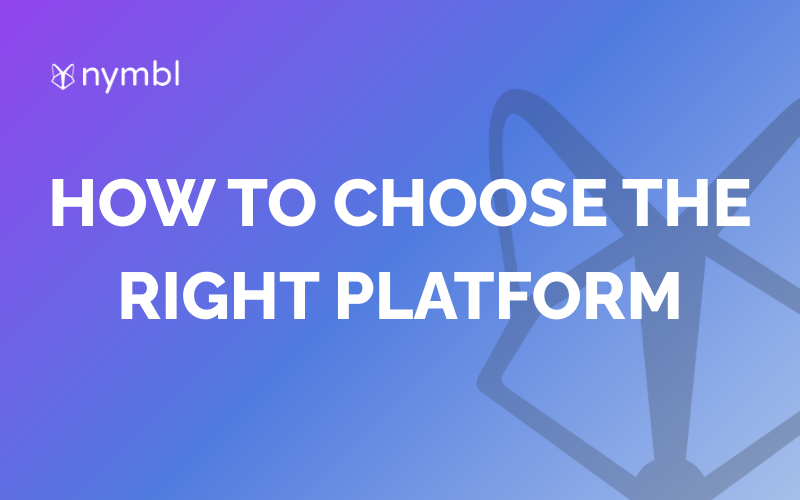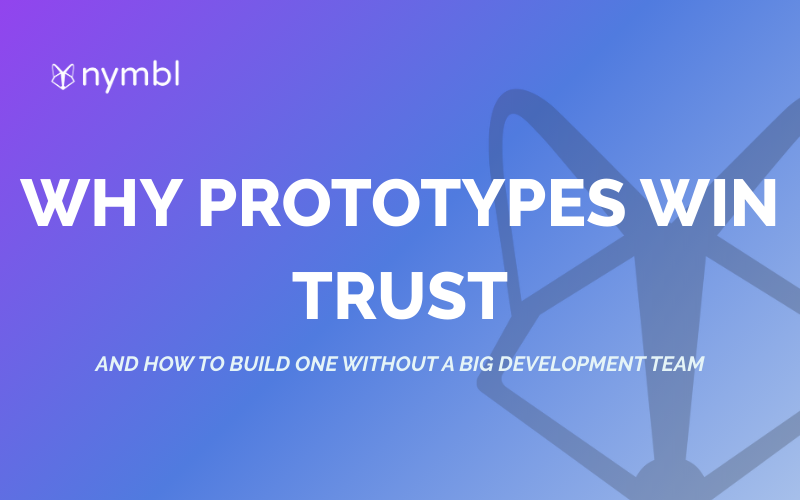Struggling to Choose Between Off-the-Shelf Software, a Custom Solution, or a Development Partner?
Financial institutions face a complex web of challenges, including regulatory compliance, financial data privacy, outdated legacy systems, high operational costs, and pressure to scale with precision. Whether you're a bank, credit union, insurance company, or fintech startup, this comparison matrix will help you evaluate your options through the lens of custom financial software development, finance software development, and enterprise innovation.
Explore which finance solution aligns best with your business needs, from fast deployment and plug-and-play payment gateways, to long-term system-level transformation, AI-powered automation, and real-time data integration. As organizations mature in their digital lifecycle, choosing the right approach becomes crucial to optimizing data architecture, improving data quality, and enhancing cross-system data integration.
Why Your Choice Matters
Choosing a financial software development company is more than a tactical move, it’s a high-stakes, strategic decision. The ideal development team and their team members should not only fill skill gaps, but also understand how to design financial software solutions that meet your compliance, data governance, and user experience standards.
A strong partner will help you integrate enterprise systems, align workflows, and build secure, scalable solutions across web and mobile applications. In highly regulated environments, a tailored fintech solution can deliver both cost-effective execution and transformative value, especially when designed with enterprise data services and data management best practices in mind.
Example Use Cases in Financial Software Development
Understanding the practical applications of financial software development can help clarify which approach makes the most sense. Below are several high-impact use cases where custom solutions have transformed outcomes in the financial services sector:
Data-Driven Lending Platforms
By integrating machine learning, data analytics, and automated validation, institutions can assess risk in real time and make faster lending decisions. Aggregating data from multiple sources into modern data warehouses enables more accurate approvals and streamlined decision-making.
Customer-Centric Wealth Management Apps
Big data and advanced analytics are powering hyper-personalized financial planning tools. Custom apps integrate APIs, ERP systems, and third-party web services to create unified ecosystems that improve customer experience and deliver actionable insights.
Automated Compliance & Regulatory Reporting
Applications built with metadata tracking, data infrastructure controls, and audit-ready workflows help firms meet regulatory compliance requirements. These tools often deploy within secure cloud environments like AWS and Azure or remain on-premises, depending on needs.
Claims Processing for Insurance Providers
To improve operational efficiency, insurance companies are digitizing claims workflows. Custom tools enhance data cataloging, accelerate approvals, and surface informed decisions for claims managers, improving both accuracy and processing times.
Supply Chain Finance Platforms
For B2B use cases, finance software development is being used to modernize cash flow management and credit tracking. Systems built on scalable data platforms integrate enterprise data assets across supply chain networks to unlock transparency and long-term business value.
When to Choose Each Approach
Choose Buy If:
You need a solution quickly for a standardized process (e.g., HR, CRM, or invoicing)
Your budget is constrained
Long-term customization, functionality, and scalability are not critical
Pros:
- Quickest implementation and lowest initial pricing
- Minimal internal involvement
- Often pre-integrated with common business tools and data sources
Cons:
- Minimal flexibility and customization
- Difficult integration with existing management systems
- Long-term operational costs due to licensing
- Poor fit for financial operations requiring advanced risk assessment, authentication, or PCI DSS compliance
Choose Build If:
You have a well-funded, in-house development team
You require complete control over IP, architecture, and security frameworks
You have time and resources to manage complex application development
Pros:
- Fully customized to your specific needs
- Complete control over APIs, data structure, and tech stack
- Best fit for internal innovation labs and custom trading platforms
Cons:
- Long timelines (12+ months) and delayed ROI
- Requires in-house expertise in DevOps, financial compliance, and project management
- High resourcing needs (developers, QA, designers, PMs)
- Increased risk of project failure without strong methodology and lifecycle management
Choose Partner (Nymbl) If:
You need to move quickly without sacrificing security or scalability
Your workflows are complex, and your financial transactions require real-time visibility
You want custom financial software development without the overhead of building internally
Pros:
- Combines speed with tailored software solutions
- Access to financial industry expertise in risk management, fraud detection, regulatory standards, and data analytics
- Architecture built for mobile banking, authentication, and long-term data management
- Reduces reliance on outsourcing while maintaining full control of your business intelligence stack
Cons:
- Requires structured collaboration and stakeholder alignment
- Mid-tier cost structure: higher than buying, typically lower than full in-house builds
- Long-term success depends on selecting the right financial software development services partner

Why Nymbl’s “Build With You” Model Stands Out
System-Level Thinking – From payment processing to full-scale finance solution ecosystems, we go beyond apps to deliver integrated enterprise data services.
Team Augmentation, Not Outsourcing – Our expert team members embed into your process, bringing cross-functional skills in UX, DevOps, security, and governance.
Compliance by Design – Every product is built with auditability, data security, data governance, and regulatory compliance at the core.
Accelerated Development – Launch faster through agile MVPs and modular delivery using scalable frameworks, all while streamlining your data lifecycle.
Full Ownership – You retain complete control over your datasets, architecture, and long-term roadmap.
Not sure which approach fits your organization’s decision-making model or technology goals?
Let’s explore how a purpose-built fintech solution can unlock scalability, reduce complexity, and transform your finance software development journey.






.png)


